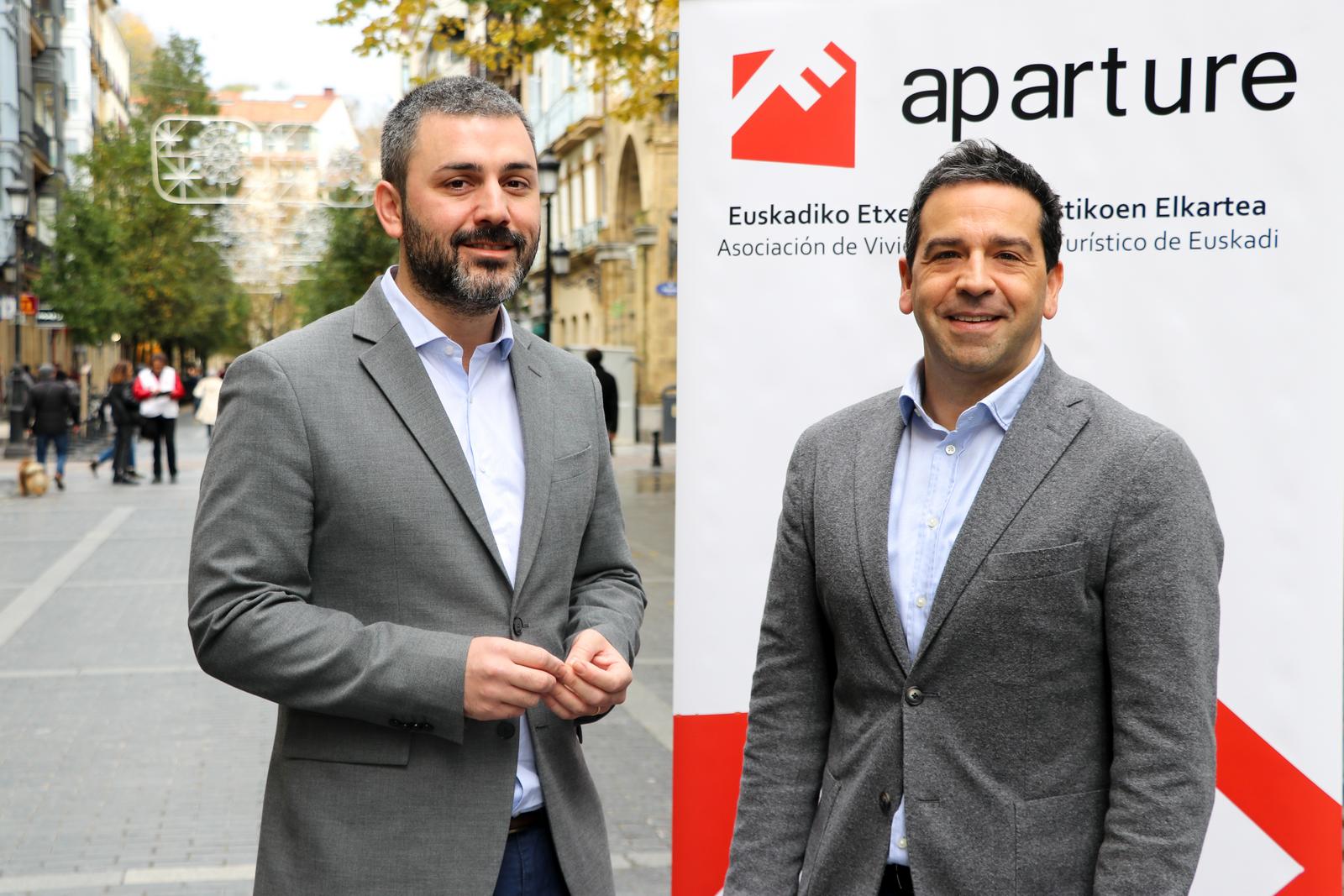In Spain, the short-term rental market is undergoing significant changes due to new regulations and tax reforms designed to balance economic activity with housing accessibility. To gain deeper insight into these developments, we spoke with Asier Pereda, President of Aparture (Basque Country) and Head of Regulatory Affairs and Institutional Relations at Fevitur. He shares his perspective on the challenges and opportunities facing the short-term rental sector in this evolving landscape.
-
The recent amendment to the Horizontal Property Law mandates, as of April 3, 2025, that property owners must obtain explicit consent from their homeowners’ association before renting their property for short-term stays. Do you think this is fair?
The introduction of explicit consent as a requirement for short-term rentals sparks an important debate about how to balance the common good and public interest. While it may prevent conflicts in communities negatively affected by short-term rentals, it also creates additional hurdles for responsible property owners who comply with existing regulations.
In my view, decisions like these should be grounded in objective criteria and framed within a regulatory context similar to that of any other economic activity. This ensures the legal certainty required by all stakeholders. Legal clarity and predictability are essential in a society governed by the rule of law.
Allowing homeowners’ associations to determine whether economic activities such as short-term rentals can operate may seem democratic, but it raises a fundamental issue: associations are not inherently equipped to balance the common good (residents’ interests) with the public interest (economic and urban development).
While the common good is important, it should not be assessed in isolation or pitted against the public interest. Short-term rentals represent an economic sector that extends beyond a single building, contributing to job creation, economic growth, and urban sustainability.
-
What do you think is the primary challenge the short-term rental sector will face when the Horizontal Property Law amendment takes effect?
Legal uncertainty. In most cases, short-term rentals are classified under urban planning as a use equivalent to residential property. Unless local governments have specifically categorized them as an economic activity requiring a license, this creates legal ambiguity for operators, even those who comply with urban and sector-specific regulations.
The issue is particularly pronounced in property transactions, where—despite adherence to the principle of non-retroactivity—activities can still be jeopardized if not tied to an activity license. This discourages professionalization and hampers sustainable growth in the sector.
-
On Monday, Prime Minister Pedro Sánchez announced a housing crisis relief package, including higher taxes on short-term rental operators, so they “pay taxes properly, as a business.” How might this and other measures impact property managers and owners in Spain?
Fiscal policy is a crucial tool for guiding economic activities toward value creation, and housing rentals are no exception. Tax treatment plays a pivotal role in balancing the preferential residential use of housing with alternative uses like short-term rentals.
For tourist rentals, tax policies must promote sustainable management models that preserve the social function of housing. This means steering the market toward practices that generate value in regulated employment, fiscal contributions, quality offerings, integration within the broader tourism value chain, and economic and social sustainability.
-
What tax model do you believe is most suitable for addressing the challenges of the short-term rental market in Spain?
FEVITUR’s fiscal proposal aligns with the Prime Minister’s remarks, advocating general principles that support public policies in line with the common good.
A key aspect of this proposal is differentiated tax treatment based on whether the activity is conducted professionally. This approach discourages speculative practices and incentivizes professional management models that create regulated jobs, ensure fiscal compliance, and integrate effectively into the tourism value chain.
FEVITUR’s proposal also aligns fiscal policies with broader objectives, such as prioritizing residential use without compromising economic growth or job creation. This model demonstrates how taxation can be an effective tool for fostering a more sustainable sector aligned with the public interest.
-
Looking ahead, what role do you see short-term rentals playing in the local and national economy if these measures are fully implemented? What challenges or opportunities might arise?
The solution to these challenges lies not in fostering legal uncertainty with ad-hoc decisions but in establishing clear and stable regulations that normalize short-term rentals as an economic activity. Urban planning tools and sector-specific regulations are essential for harmonizing the common good with public interest, ensuring the well-being of residents while enabling short-term rentals to operate within objective parameters.
Official data shows that the impact of short-term rentals on housing markets is generally smaller than often perceived. In many areas, these properties account for a small percentage of the total housing stock, with a weak or nonexistent correlation between short-term rentals and rising housing prices.
Only a robust regulatory framework will allow this economic sector, when operated responsibly and professionally, to thrive as a sustainable model benefiting all stakeholders. A well-managed short-term rental sector can create quality jobs, contribute to local development, and generate fiscal returns.
Experience shows that fostering regulatory rigor, tax compliance, and professionalization is the most effective strategy for achieving a fair balance between economic activity and sustainability, preserving residential communities while maximizing the economic value of short-term rentals.
